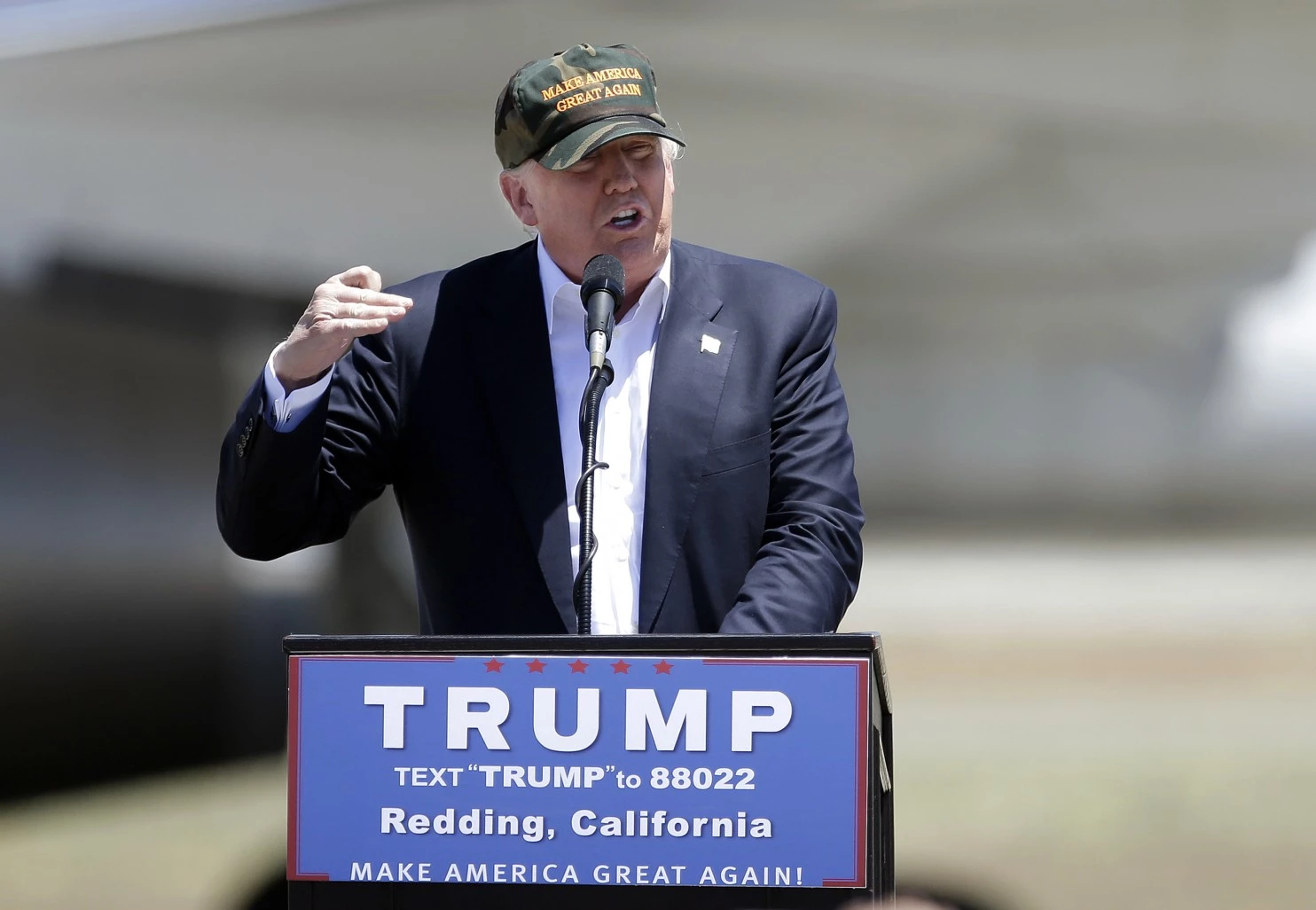
Joseph A. Mussomeli served in the U.S. Foreign Service from 1980 to 2015, including periods as U.S. ambassador to Cambodia and Slovenia.
Most of my former colleagues at the State Department will be appalled by the assertion, but much of the media-fed angst about Donald Trump’s dearth of foreign policy expertise is contrived.
Our cadre of neoconservative foreign policy experts, unhumbled after marching us into a reckless war in Iraq and a poorly conceived one in Afghanistan, who applauded as we bombed Libya and bitterly resent our having failed to bomb Bashar al-Assad in Syria, are frightened. Wisely, they often focus on comments that Trump has made on issues that are of less genuine interest to them — from his strident stance on immigration to his “threat” to our liberties to his sometimes deplorable commentary about women and some minorities. But what really troubles them is his generally level-headed and unmessianic attitude toward foreign affairs. Trump has no desire to make the rest of the world in our image; he is concerned only about the world not making America in its image.
The neocons bemoan Trump’s rejection of a global role for the United States, but Trump has no intent to withdraw the United States from the world stage. He only rejects the wanton use of our young men and women on foreign adventures of questionable value.
The neocons have two clear foreign policy objectives, and Trump may grant them neither. For many of them, their deepest yearning, ungranted even in the waning days of the George W. Bush presidency, is an air campaign against Iran. Trump doesn’t like the Iran nuclear agreement, but his instinct is to make a better deal rather than attacking, while Hillary Clinton has a strong record of supporting the prodigal misuse of military force. Clinton is just another neocon, though wrapped in sheep’s clothing — just as on some foreign policy issues Trump is little more than Bernie Sanders in wolf’s clothing.
But clothing makes a huge difference. Most Americans don’t want the United States to be disrespected, and they want a muscular military that doesn’t take any nonsense — but they also don’t want military adventurism. Trump succeeds in having it both ways: He reassures that the United States will be respected and also that we will not employ our troops as cannon fodder on distant battlefields. Underneath all the tirades against illegal immigration and the need to be tough with our adversaries, there is an inward focus. There is a sense that America — in order to be great again — needs to relinquish its role as global cop and tend first to its needs at home. By sounding caustic, Trump is able to appear more militaristic and tougher than the far more reckless Clinton. Calculating and cavalier, Clinton would agree with her old pal, then-U.N. Ambassador Madeleine Albright: “What’s the point of having this superb military . . . if we can’t use it?” The stern rebuke to that question later provided by Gen. Colin Powell that the military is not a toy is lost on the neocons and Clinton. Among Clinton’s weaknesses, her fear of appearing weak may be her most damning.
The second neocon priority? A new Cold War with Russia. Vladimir Putin, unlikable and increasingly uncooperative and antagonistic, admittedly makes this objective more within reach, but Trump might avoid it as well. Clinton repeats over and over that Russia only understands a tough and determined opponent, while Trump may have a more sophisticated and mature approach. Far less petulant than most of the former Republican candidates, Trump says he would actually talk with Putin. That takes real courage given the general view among Republican elites. Contrast that with Clinton, who thinks we should not be talking too much to Putin and that we ought to further expand NATO because , in her view, Russia would be an even greater threat had it not been for NATO expansion. Of course, to admit that NATO expansion triggered the current crisis would be admitting that her husband is largely responsible for it. Trump seems to understand George Kennan’s warning that NATO expansion would directly lead to a more paranoid and aggressive Russia.
During an ambassadorial conference in 2014, a former colleague breathlessly characterized the Ukraine crisis in neocon terms as a Manichean struggle between good and evil. Such comic-book notions now dominate our political discourse, distorting reality and making it nearly impossible to objectively assess complex issues. Trump, for all his bizarre commentary on domestic issues, better grasps the subtleties of global politics and the dangers of thinking ourselves infallible and invincible.
It’s quite an irony: The ostensibly more reckless, infantile, inexperienced and bombastic candidate may actually be more mature, level-headed and reasonable on foreign policy than his critics, who, against all the good advice our parents gave us as children, pout and refuse to talk to those they don’t like, escalate arguments to violence when they are upset, lack any remorse for the harm caused by their past opinions and actions, and fail repeatedly to see that there might be two sides to any disagreement.
- Publish my comments...
- 0 Comments
